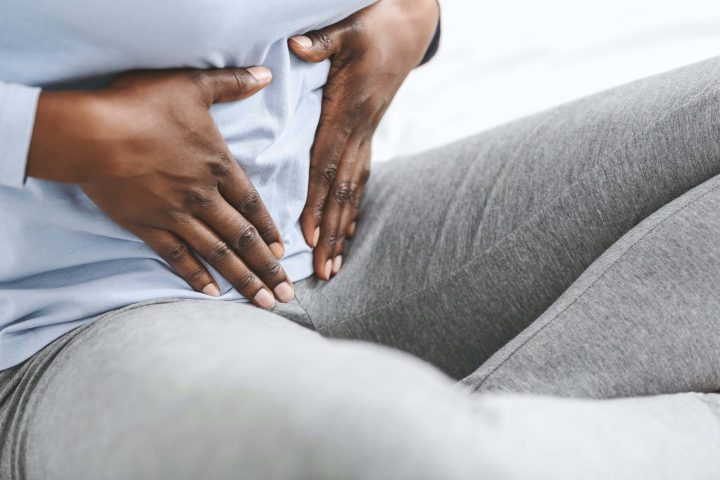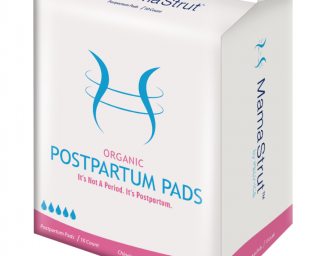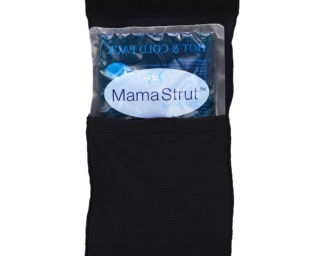As a kid I remember my mom making lighthearted comments about peeing a little when she would sneeze or laugh too hard. When I learned later in life that while delivery her first child his heart rate began to plummet and she had to have an emergency epistiomy and forceps were used to delivery him quickly, those references to “a little leakage” probably signified some level of pelvic organ prolapse, or POP.
There are several different kinds of prolapse, with varying degrees of severity, but the statistics of how common it is might blow your mind. Indeed, 44% of ALL WOMEN will encounter some degree of prolapse in their lifetime, and the likelihood increases to about 50% for women aged 50-79. So your mom, your grandma, aunts, and even you or me could encounter this condition at some point in our lives. Now that we’ve got that scary statistic out of the way, it’s important to note that most women with POP will experience little to no symptoms, and is detected by a doctor when examining for other things.
But let’s back up. What is prolapse? In basic medical terms it’s when one or more organs begins to slip forward or down. This can refer to various parts of the body like heart valves, but it most commonly refers to pelvic organs: uterus, vagina, bladder, urethra, and rectum. When one organ begins to collapse and/or slip into another organ, urinary, bowel and sexual function can become impaired. The most common symptom someone can experience when this happens is feelings of discomfort, difficulty going to the bathroom, leakage and pain during sex. There are worse symptoms that you can read about here (in case you’re eating lunch while reading this). Because this condition feels so intimate, many women are reluctant to talk about it despite the vast number of people who it affects.
There are a handful of reasons for why prolapse occurs, which could be a combination of several reasons: Surgery, like a hysterectomy that can cause organ detachment; genetics; pressure, from a chronic cough, lifting heavy objects, or fibroids; menopause and aging weaken the muscles through loss of estrogen; and pregnancy, which causes pressure from carrying the baby and vaginal delivery that stretches the muscles.
If you find yourself in the company of thousands of women with prolapse that is impacting your quality of life, there are several courses of action you can take for treatment that range from conservative to surgical.
Conservative
Strengthening the muscles of the pelvic floor through Kegel exercises have been shown to reduce the impact of minor POP and even revert it. Lifestyle changes like losing weight can relieve some pressure. And using an external medical device, like a Mama Strut 🙂
Mechanical
This method involves insertion of a pessary (a silicon tube like ring) into the vagina to help support organs from falling into each other. These can be for temporary or for lifetime usage, though they need to be replaced every 3-4 months and can cause tissue abrasions when used for a long period of time. But this is a good option for those who don’t wish to have surgery or aren’t good candidates such as age and wanting future children.
Surgical
For those who have found conservative or mechanical methods have not worked for them, surgery may be recommended. This is often a last resort because the risk of prolapse recurrence even with surgery is still relatively high, and several methods of surgery could have an impact on a woman’s fertility.
So there’s the lowdown on POP. Let’s talk about it more! It doesn’t have to be a life sentence of worrying about peeing yourself when you watch a comedy movie or sneeze too hard. Let’s start the conversation with young women, push the medical field to better understand preventative and repairing techniques, and listen to your own body when you feel like something isn’t right.
 Use code Laborday2024" for $15 off $100
Use code Laborday2024" for $15 off $100






